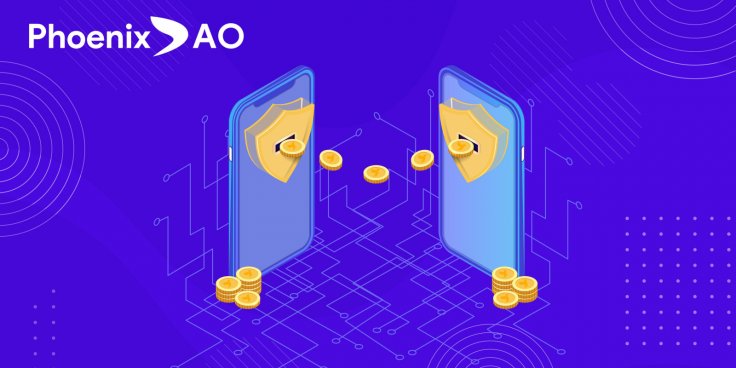
Smart contracts remain one of the best ways to simplify complex processes inside the cryptocurrency world.
These programs run when predetermined conditions are met, meaning any participant can be immediately assured of a decision or transaction without having to execute steps themselves.
This can be particularly useful for those less familiar with some of the more intricate concepts of the cryptocurrency world.
Smart contracts are also the backbone of DAOs (decentralized autonomous organizations). DAOs are organizations controlled by the members themselves, as all rules and operating procedures are embedded into smart contract code. This structure eliminates bureaucracy, ensures fairness, and mitigates disputes quickly as questions or concerns can be put to a vote.
DAOs are quickly becoming an essential part of DeFi projects and ecosystems. The governance model empowers users to participate and fosters a general decentralized network that could potentially lead to a project becoming entirely self-operating.
PhoenixDAO: Powering The New Digital Economy
A DAO rests at the center of the PhoenixDAO project, a digital identity-based suite of products and protocols related to authentication, identity, and payments. A smart contract-based DAO aims to simplify the entire Phoenix ecosystem by promoting transparency and open participation. Spending voted on and approved by DAO members are posted on a running budget page for anyone to review.
The open participation network is enhanced as the DAO is set to become completely self-sustaining through Phoenix revenue-generating products like a dApp store instead of relying on donations.
The identity-powered dApp store within the Phoenix ecosystem is home to a range of products, including Phoenix's decentralized Eventbrite-style events management and ticketing app. The dApp makes it simple for users to find events to attend and pay in the native $PHNX token in a secure manner. Event managers can also turn to the application to create events and accept payment from those interested in attending.
Projects like PhoenixDAO that emphasize decentralization and a seamless transaction experience contribute to the growth and expansion of Web3 projects. With Web3 products, nearly every interaction is a transaction.
This creates an issue as many are not used to paying for different interactions, creating a major potential pitfall limiting user onboarding processes. Developers also then shoulder the burden to manage transactions on the back end and keep the overall platform running smoothly as more users engage on the network.
Many current systems related to transaction management are just not able to keep up with a flurry of activity.
Protocols like PhoenixDAO that rely on DAOs, dApps, and smart contracts to provide a seamless and simple transaction experience both enhance the viability of DeFi, mitigate current bottlenecks like high fees, complex processes, and interoperability issues, and boost the future prospects of Web3 to solve some of the major issues seen in Web2 applications.
Simplifying the transaction process for both users and developers will go a long way towards expediting the mainstream adoption of blockchain and decentralized finance. Projects like PhoenixDAO that focus on creating and cultivating a secure decentralized ecosystem for users to participate in are extremely valuable and a hallmark of the future of decentralized governance, payments, and identity.








